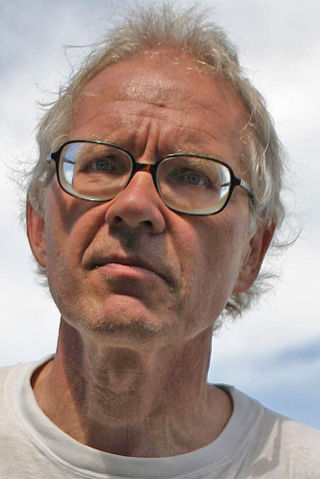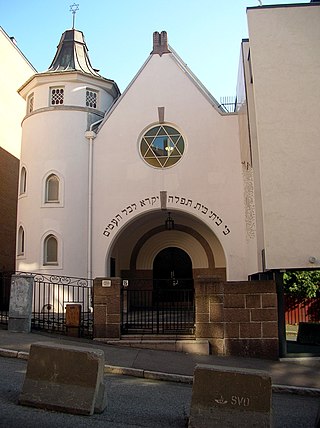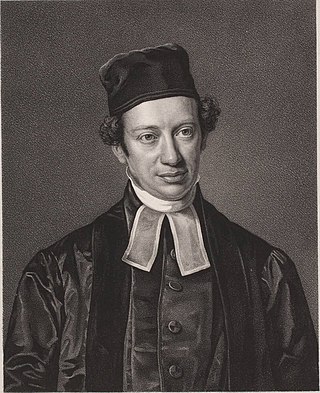
A synagogue, sometimes referred to as a shul or a temple, is a house of worship in Judaism. Synagogues have a place for prayer where Jews attend religious services or special ceremonies such as weddings, b'nai mitzvah, choir performances, and children's plays. They also have rooms for study, social halls, administrative and charitable offices, classrooms for religious and Hebrew studies, and many places to sit and congregate. They often display commemorative, historic, or modern artwork alongside items of Jewish historical significance or history about the synagogue itself.

The Great Synagogue of Rome is the largest synagogue in Rome.

Synagogue architecture often follows styles in vogue at the place and time of construction. There is no set blueprint for synagogues and the architectural shapes and interior designs of synagogues vary greatly. According to tradition, the Shekhinah or divine presence can be found wherever there is a minyan, a quorum, of ten. A synagogue always contains an Torah ark where the Torah scrolls are kept, called the aron qodesh by Ashkenazi Jews and the hekhal by Sephardic Jews.

The Stadttempel, also called the Seitenstettengasse Temple, is the main synagogue of Vienna, Austria. It is located in the Innere Stadt 1st district, at Seitenstettengasse 4.

The history of the Jews in Denmark goes back to the 1600s. At present, the Jewish community of Denmark constitutes a small minority of about 6,000 persons within Danish society. The community's population peaked prior to the Holocaust at which time the Danish resistance movement took part in a collective effort to evacuate about 8,000 Jews and their families from Denmark by sea to nearby neutral Sweden, an act which ensured the safety of almost all the Danish Jews.

There are many synagogues in India, although many no longer function as such and today vary in their levels of preservation. These buildings dating from the mid-sixteenth through the mid-20th century once served the country's three distinct Jewish groups—the ancient Cochin Jews, and Bene Israel communities as well as the more recent Baghdadi Jews.

Lars Endel Roger Vilks was a Swedish visual artist and activist who was known for the controversy surrounding his drawings of Muhammad. Many years earlier he had created the sculptures Nimis and Arx, made of driftwood and rock, respectively. The area where the sculptures are located was proclaimed by Vilks as an independent country, "Ladonia".

The Lars Vilks Muhammad drawings controversy began in July 2007 with a series of drawings by Swedish artist Lars Vilks that depicted the Islamic prophet Muhammad as a roundabout dog. Several art galleries in Sweden declined to show the drawings, citing security concerns and fear of violence. The controversy gained international attention after the Örebro-based regional newspaper Nerikes Allehanda published one of the drawings on 18 August as part of an editorial on self-censorship and freedom of religion.

The Hobart Synagogue is a heritage-listed synagogue located in 59 Argyle Street, Hobart, Tasmania, Australia. The synagogue is the oldest synagogue building in Australia and is a rare example of the Egyptian Revival style of synagogue architecture. The Egyptian Revival building was constructed in 1845. The trapezoidal shape of the windows and the columns with lotus capitals are characteristic of the Egyptian Revival style. Currently the Hobart Synagogue has regular Orthodox and Progressive services.
The 1981 Vienna synagogue attack was a terror attack that occurred 29 August 1981. The incident took place in the Stadttempel of Vienna, Austria carried out by two terrorists of the Abu Nidal Organization.

The Oslo Synagogue is a synagogue in Oslo, Norway. The congregation was established in 1892, but the present building was erected in 1920. Architectural historian Carol Herselle Krinsky describes the two-story tall, stuccoed building with a round tower topped with a spire supporting a Star of David as resembling "a simple and charming country chapel.'
Events from the year 1985 in Denmark.
Terrorism in Denmark refers to terrorist attacks carried out in Denmark or by people connected to Denmark. Like other countries Denmark increased its focus on defending against terrorist attacks after the September 11 attacks in New York in 2001. The September 11 attacks led to strengthened laws in a number of areas. 31 May 2002 the parliament of Denmark approved anti-terror legislation with the aim of preventing terrorism in Denmark and internationally. The new legislation aligned with the definitions of terrorism which were in use by the European Union and the United Nations.
The following lists events that happened in 2015 in Denmark.
On 14–15 February 2015, three separate shootings occurred in Copenhagen, Denmark. In total, two victims and the perpetrator were killed, while five police officers were wounded.
On 22 July 1985, two bombs exploded in a terrorist attack in Copenhagen, Denmark. One of the bombs exploded near the Great Synagogue and a Jewish nursing home and kindergarten, and another at the offices of Northwest Orient Airlines. At least one more bomb, planned for the El Al airline offices, was discovered. One person was killed and 26 people were injured in the attacks. Sweden-based Palestinians Abu Talb and Marten Imandi were sentenced to life imprisonment in Sweden for the bombings, which were part of a series of attacks in 1985 and 1986, while two co-conspirators received lesser sentences of one and six years imprisonment.

Abraham Alexander Wolff was the chief rabbi of Denmark and translator of the Torah into Danish.

The Neve Shalom Synagogue massacre happened on 6 September 1986 when a group of suspected Abu Nidal Organization terrorists killed 22 worshipers inside the Neve Shalom Synagogue in Istanbul, Turkey.












